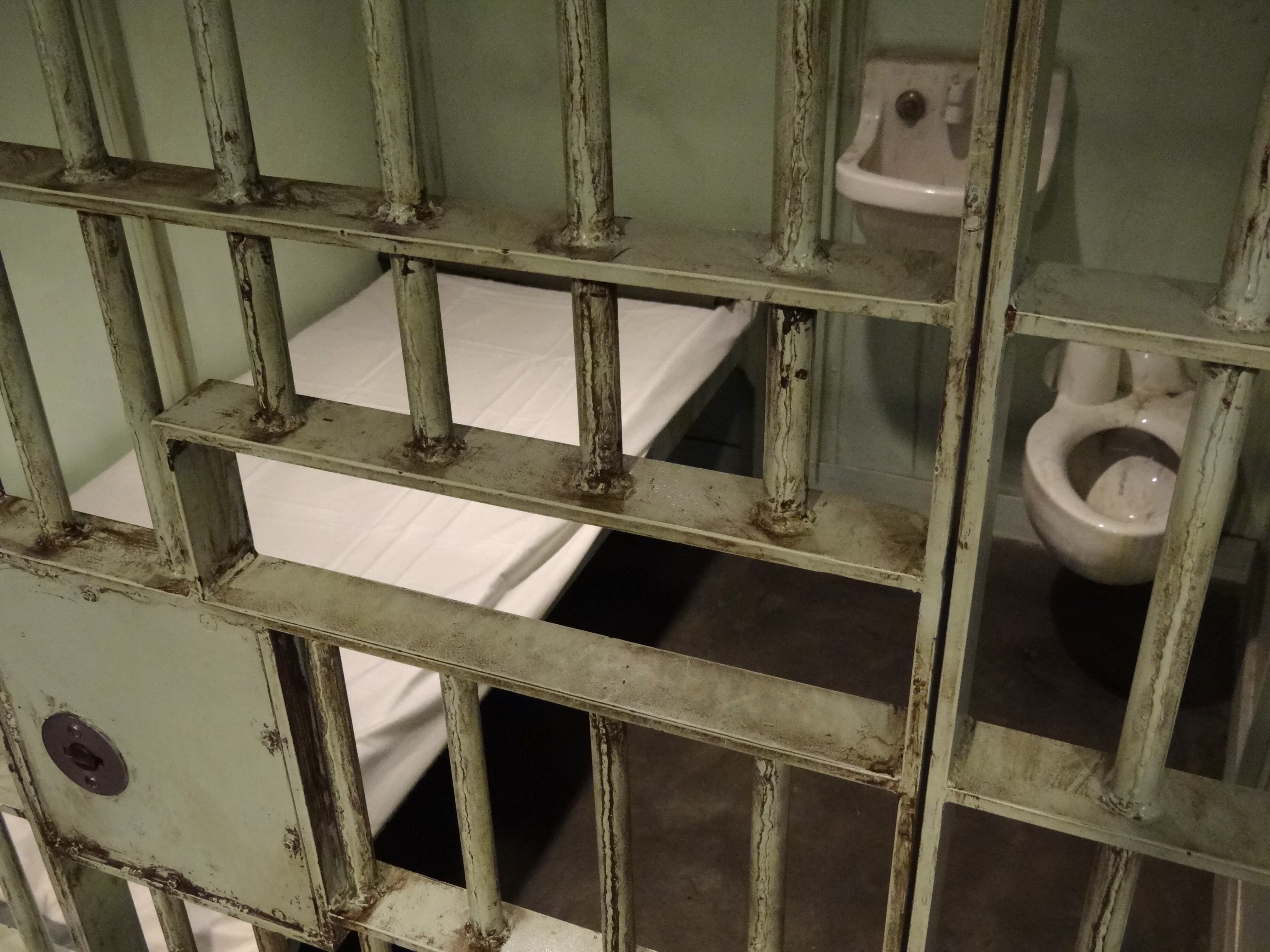
Many Americans want to believe that anyone who is in prison deserves to be there. To differentiate themselves from people in prison, they cling to just world beliefs [opens in pdf]—i.e., the conviction that life is just, that good things happen to good people, and that bad things happen to bad people.
Just world beliefs can give people a sense of stability and reassurance–a belief that sooner or later they will be rewarded for their inherent if not always obvious goodness.
Just world beliefs can also be a barrier against empathy; they can shield people from feeling that they must do something to correct injustices—e.g., police brutality, racial profiling.
Yet we want to remind you that many people have been imprisoned–in this country as well as elsewhere–because they saw and challenged injustice and spoke truth to power.
To mention just a few:
- Dr. Martin Luther King Jr. Read his letter from a Birmingham jail.
- Father Daniel Berrigan. See his interview with Amy Goodman.
- Chelsea (Bradley) Manning. Learn more about the effort to obtain a pardon for Chelsea.
Dr. King, Father Berrigan, and other celebrated activists for peace and social justice have regained their freedom, but there are thousands of men and women in prison today who do not have the social and economic support to gain release. (See previous posts on prisons—and torture in prisons–in the continental United States and in Guantanamo Bay.)
To make the world a better place and to make our own country a better place, we need to begin by recognizing that a just world has not yet been achieved.
Kathie Malley-Morrison, Professor of Psychology

